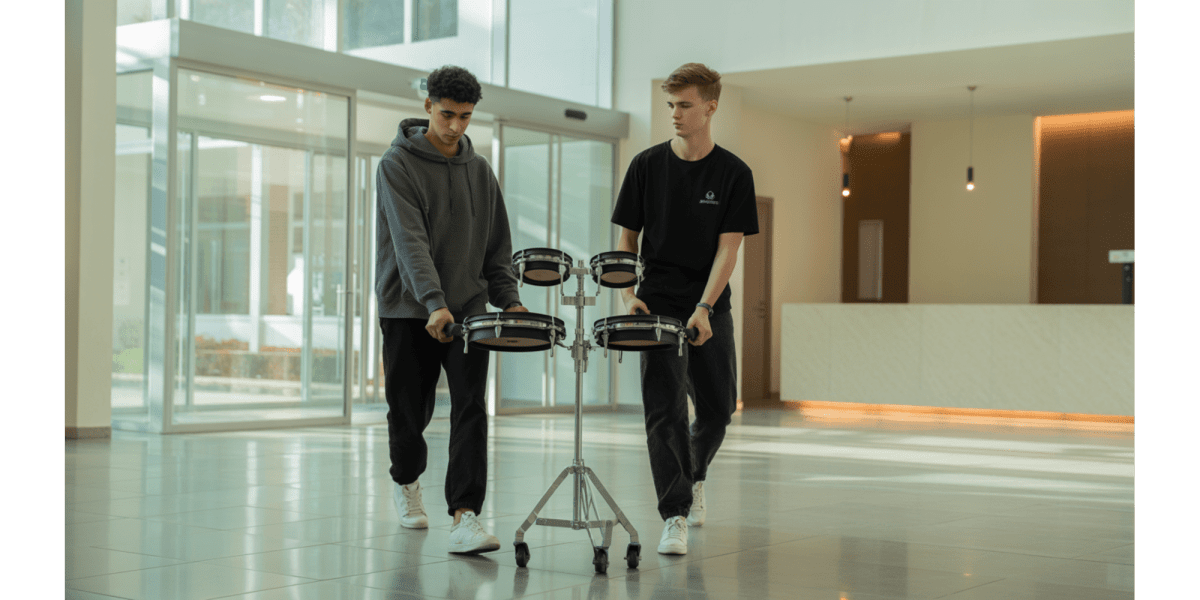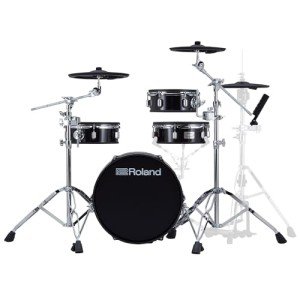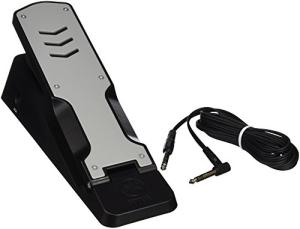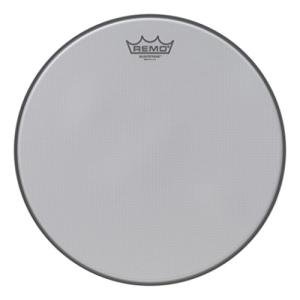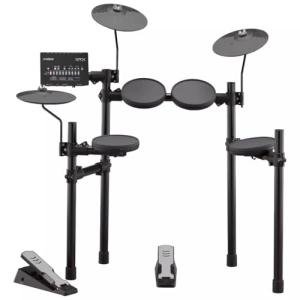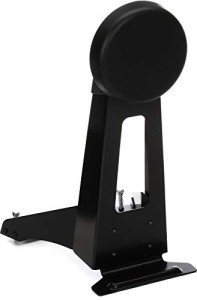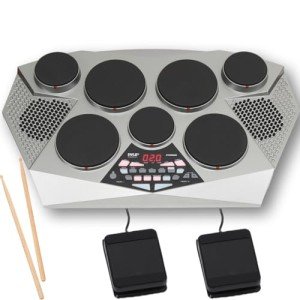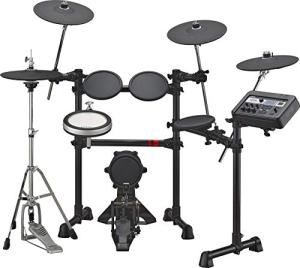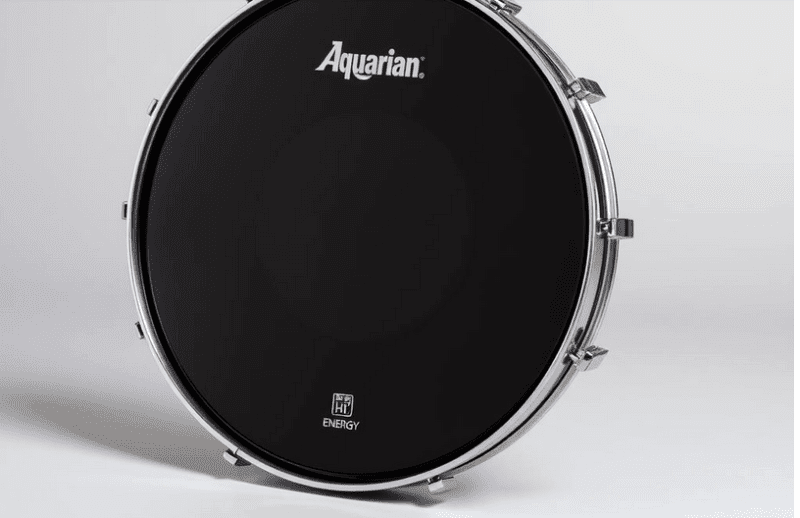
Living in an apartment and loving to drum can be tough. It's challenging to strike a balance between maintaining peace and pursuing your passion.
Drumming in apartments often leads to noise problems. Drummers face these issues more than other musicians.
In this article, I'll share some valuable quiet practice solutions and noise reduction tips. These have helped me drum quietly.
Whether you're new to drumming or have years of experience, you'll find useful tips. You'll learn how to drum without disturbing others and keep good relations with your neighbors.
The Challenges of Drumming in Small Spaces
As an apartment drummer, you know the fine line between practicing and keeping the peace. Drumming in apartments presents its own set of challenges, primarily related to noise management.
Understanding Sound Transmission in Apartments
Sound transmission in apartments is a big problem, especially low-frequency sounds like the bass drum. These sounds can vibrate through floors and be heard by neighbors below. Understanding how sound travels is key to reducing its impact. Sound can travel through shared walls, floors, and ceilings, making it essential to consider these when drumming.
Common Neighbor Complaints and How to Address Them
Neighbors often complain about the noise and disturbance from drumming. They might say the noise is too loud, or that it bangs and thumps too much. To fix these issues, try these tips:
- Practice during reasonable hours
- Use noise reduction techniques like dampening materials or low-volume drum kits
- Talk to your neighbors about when you'll be practicing
Being considerate and taking steps can help reduce disturbances. This way, you can keep a good relationship with your neighbors.
Apartment Drumming Tips: How to Keep the Beat Without the Noise

Living in an apartment and loving to drum can be tough. But, with some creativity and planning, you can enjoy drumming without bothering others. It's all about finding the right ways to keep the beat quiet.
Establishing a Practice Schedule That Works for Everyone
Setting a regular practice time is key. Drumming at the same hour every day helps neighbors adjust. Choose a time when most people are out, such as early morning or late afternoon.
Keep your practice brief to minimize long periods of silence. Short sessions with breaks in between help balance your drumming with your neighbors' quiet time.
Communicating with Neighbors About Your Drumming
It is important to talk openly with your neighbors. Tell them about your drumming and when you'll practice. This can help avoid complaints and build understanding.
Post a note in the building's common area or send a friendly email. Being open and considerate helps keep good relations with those around you.
Finding the Optimal Practice Space in Your Apartment
The layout of your apartment affects sound travel. Find a room with fewer shared walls for less noise. Rooms not directly above or below your neighbors are best.
Use sound-absorbing materials like foam panels or thick rugs. Try different spots and setups to find the quietest place for drumming.
Quiet Drumming Techniques and Stick Control
Using quiet drumming methods is crucial. Mesh drum heads or rubber practice pads lower the noise, and better stick control also makes drumming quieter.
Practice with lighter strokes and focus on technique. Using foam rubber discs or mallets instead of sticks can also reduce sound.
Equipment Solutions for Quiet Drumming

Drummers are finding ways to practice quietly. They use special equipment, such as modified acoustic and electronic drums, to help them play without disturbing others.
Low-Volume Drum Kits and Mesh Heads
Low-volume drum kits make less sound but still feel real. Mesh heads are key in these kits. They make the drums quieter, which is great for playing in apartments.
Popular choices include the Roland V-Drums and Yamaha Silent Drums. These kits are quiet and versatile, offering many sounds and practice styles.
Roland VAD103 Acoustic-Style Electronic Drum Kit
Experience the ultimate blend of traditional drum feeling and modern technology for aspiring drummers
Product information
$2,639.99
Product Review Score
4.49 out of 5 stars
112 reviewsProduct links
Yamaha KU100 Silent Kick Pedal
Experience quiet and powerful drumming with the Yamaha KU100 Silent Kick Pedal
Product information
$182.27
Product Review Score
4.46 out of 5 stars
80 reviewsProduct links
Remo Silentstroke 14 Inch Drumhead
Enjoy quiet practice sessions without sacrificing feel and response with this Remo Silentstroke drumhead
Product information
$20.95
Product Review Score
4.18 out of 5 stars
203 reviewsProduct links
Electronic Drums and Headphone Options
Electronic drums are perfect for quiet practice. They only make sound through headphones or an amp. This is great for drummers who want to practice silently.
- Advantages: Complete silence, versatile sounds, and practice with tracks.
- Disadvantages: They can be expensive, and some miss the feel of real drums.
Roland and Yamaha manufacture popular electronic drum kits. They have models for all needs and budgets.
Practice Pads and Silent Stroke Options
Practice pads are a budget-friendly option for those who can't buy a full kit. They let drummers practice quietly.
Silent stroke options also exist. They feel like real drums but don't make a sound. They're great for warming up or practicing technique.
Dampening Materials and DIY Solutions
There are also ways to dampen sound without special equipment. For example, dampening gels or mutes on acoustic drums can help. DIY solutions, such as using household items, can also reduce noise.
Drummers can make their own practice pads from household items. This is a creative way to practice quietly.
- Use of dampening materials on drumheads
- Creating DIY practice pads from household items
Alternative Practice Methods for Apartment Drummers
As an apartment drummer, I've found many ways to practice quietly. It's all about finding methods that keep your skills sharp without being too loud. These techniques help you improve your drumming without disturbing others.
Hand Technique Exercises Without Drums
Hand technique exercises are great for practicing quietly. You can do them anywhere, even without a drum pad. Working on your grip, finger dexterity, and arm movement will boost your drumming skills.
Try practicing rudiments on a practice pad or even on your lap. Developing a strong hand technique is key to better drumming. Spending time on these exercises will improve your coordination and speed.
Using Apps and Digital Tools for Silent Practice
Today, there are many apps and tools for silent drumming practice. Drum pad apps and digital drumming software allow you to practice with headphones, eliminating the need for a physical drum kit. These tools feature metronomes, recording capabilities, and various drum sounds.
Apps like Freshumi and Drum Pad offer numerous features to enhance your practice. They allow you to work on your beat-keeping techniques and drumming skills in a quiet environment.
Creative Rhythm Training Without a Kit
Another way to practice without a kit is through creative rhythm training. Clap or tap along with your favorite songs to improve your timing and rhythm. You can also use everyday items, such as pots, pans, or wooden spoons, to create your rhythms.
As famous drummer
"The key to mastering rhythm is to practice with a strong sense of timing and feel."
Adding these creative exercises to your routine will sharpen your rhythm training skills. This is especially helpful for apartment drum practice, where keeping noise down is important.
Conclusion: Keeping Your Rhythm Without Losing Your Lease
Drumming in an apartment can be tough, but it's doable with the right approach. Use apartment drumming tips, such as setting a regular practice time and communicating with your neighbors. Additionally, quiet drumming methods help reduce the noise level.
Investing in noise-reduction gear for drumming at home, such as quiet drums or electronic ones, is a smart move. You can also try dampening materials. Silent drumming tips and digital tools are great for practicing without disturbing others.
Being thoughtful of your neighbors lets you enjoy drumming while keeping the peace. With these apartment-friendly drumming tips, you can rock out without worrying about your lease.
DISCLAIMER
This document is provided for general information purposes only and should not be relied upon as providing legal advice, technical, or specific operational guidance to the reader, whether as to the practices described in the document or the applicable legal requirements and regulations. Percussion Pros expressly disclaims any responsibility for liability arising from or related to the use or misuse of any information in this document.
